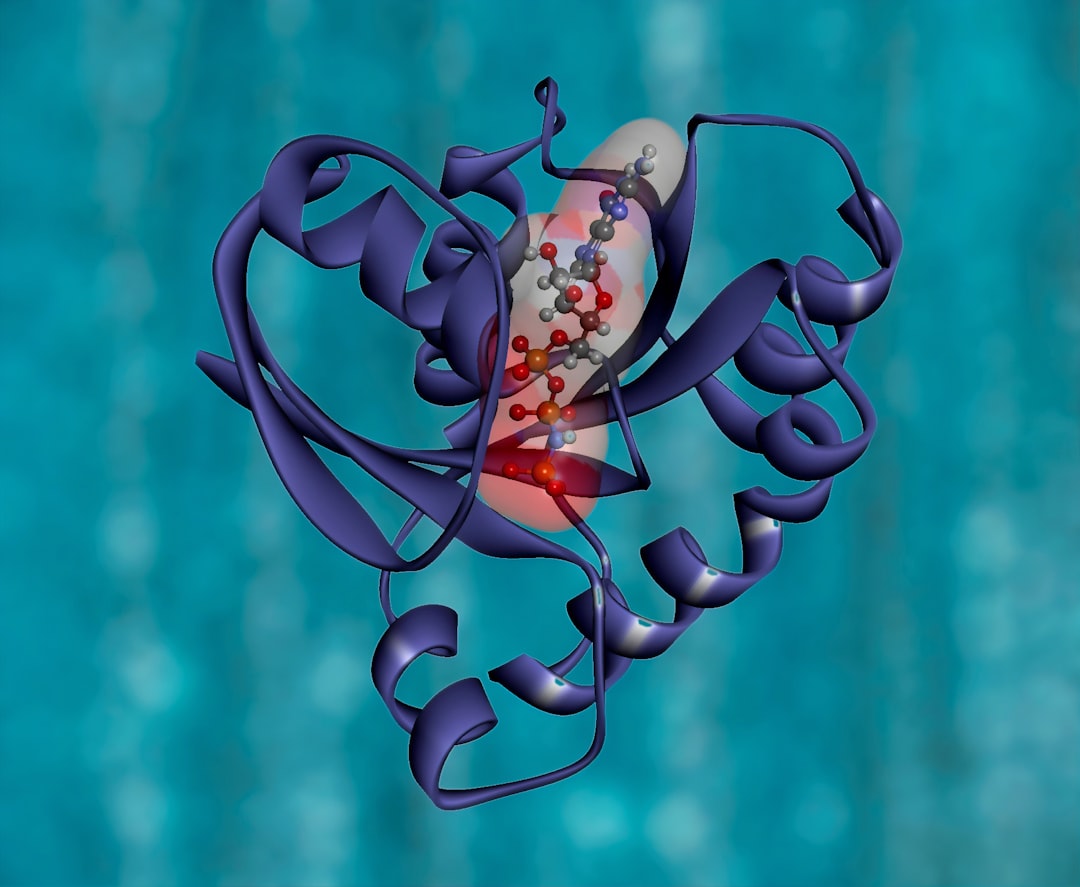What is it about?
The dose and the volume of RAS administered by intravenous or intradermal immunization also impact the degree of protection. The mechanisms responsible for the varying levels of protection induced by RAS administered by the different routes are not fully understood.
Featured Image
Why is it important?
P. berghei has been a well-characterized rodent surrogate model for the human malaria parasite. Our findings suggest that Inf. Spz inoculation elicits heightened innate immune response leading to the activation of downstream adaptive responses upon Inf. Spz immunization. The sporozoite's transformation to various developmental forms of the asexual blood stage in Inf. Spz challenge or sporozoites under chloroquine cover, allowing the unaffected liver stage to encourage the host to establish extended sterile immunity against sporozoites. The bewildering complexity of the immune system for proper function and appropriate responses to malaria infection at the right time is regulated by a complex network of cellular and cell-generated molecular interactions. Hence, systemic understanding and elucidation of the immune mechanisms require identifying and characterizing the heterogeneity of its microenvironment created during the infection with Inf. Spz. Our data provide valuable information for future functional studies and understanding of the Inf's elicitation and modulation of innate immunity. Spz challenge leading to deciding the fate of adaptive immune responses. Overall, these results could be helpful for the development of next-generation malaria vaccines or therapies.
Perspectives
Despite gaining attention, the whole-sporozoite malaria vaccine is at par with the actual clinical settings, such as blood transfusion adverse responses and a large dosage of immunogen. The host response elicited the infection or vaccination. The present study also uses one such model-however used a mouse model to understand the initial immune response mounted to the Inf. Spz challenge. The initial immune responses shape the adaptive immunity to confer lingered sterile protection and are important to study malaria immunology to help develop vaccines. However, the mismatch between human and rodent Plasmodium due to their infectivity and expression of non-syntenic genes could prevent the superficial application of knowledge generated from the traditional rodent systems to the design the effective drug and vaccine interventions in humans.
Dr. Rajesh Parmar
Nucla Public Library
Read the Original
This page is a summary of: Parasite load stemming from immunization route determines the duration of liver‐stage immunity, Parasite Immunology, April 2019, Wiley,
DOI: 10.1111/pim.12622.
You can read the full text:
Contributors
The following have contributed to this page










